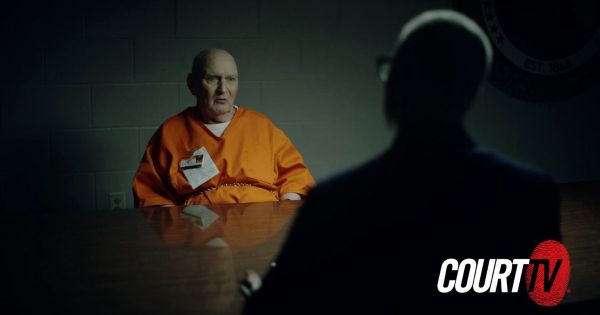Nelson: One of the open questions in our interview with Hilton is whether nature will take him out before Florida can put him to death. It’s an interesting insight that this man who so callously took all of these lives is himself terrified of death—and we press him on that. That’s probably his most reflective moment in the interview.
David, do you feel in those kinds of moments like your role goes beyond journalist? You’re almost a cleric in a confessional.
Scott: It does feel like a confessional if we can break through the defenses and the spin and get them to lay themselves bare—which has happened repeatedly on the show. My approach to the interviews is to let them exist on a spectrum between reveal and expose. If they reveal everything and lay themselves bare, it’s one kind of interview. If they’re full of denial, then they have to be exposed and we’re prepared to do that. It takes about a 100 hours to prepare for each interview and we have a genius research director who makes sure that I know every detail. Our subjects are going to use little nuances to wiggle out of our questions, and I can respond in real time if they think something escaped us.
The hardest part of this entire exercise is the clock. In most cases, we only get one hour so any confabulation on their part comes off our time. As a journalist, I would there’s no greater challenge than getting inside the head of somebody who really doesn’t want you there. We are telling these crime stories through the prism of the antagonist and we’re doing it using the old fashioned hardball interview. I think it’s also why the show works.
And how does Interview With a Killer speak to Court TV’s true crime ambitions beyond courtroom coverage?
Nelson: Court TV viewers are obsessed with justice, and this plays directly into that. In the case of someone like Yaser Syed, we covered the trial and are now also talking to the person responsible. The audience loves the show, and they think that David does a fantastic job. We came into this with a sense of wanting to elevate the game and I think we’ve accomplished that.
Scott: I’m excited to see how far we can take it. There are not that many interview shows anymore, and it feels like we’re bringing something back from the golden era of American journalism.
Nelson: My first job in national television was as a production assistant at 60 Minutes. [60 Minutes creator] Don Hewitt used to say that there’s nothing more compelling than a close-up shot of somebody who is in the middle of telling an important story. That’s what this is show is all about.


